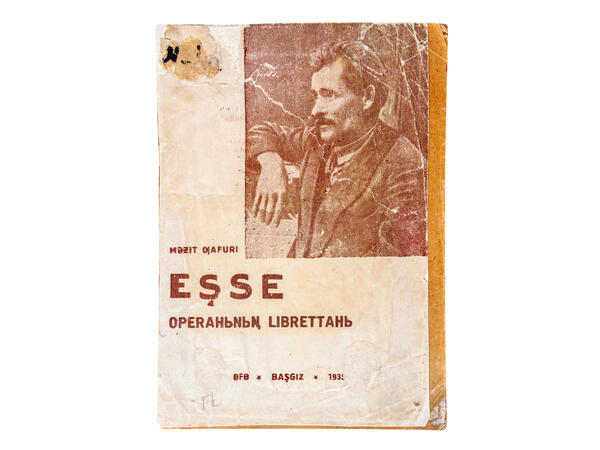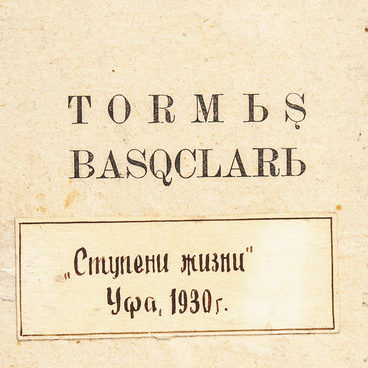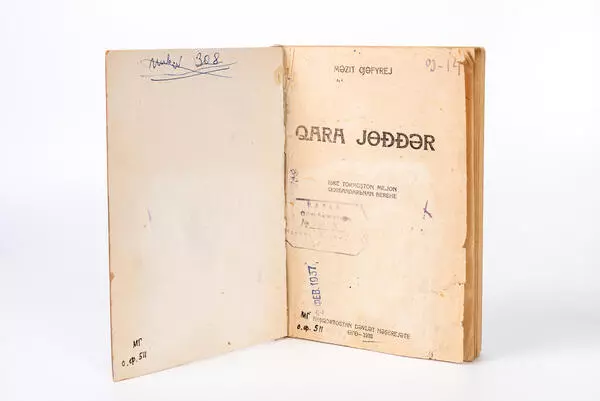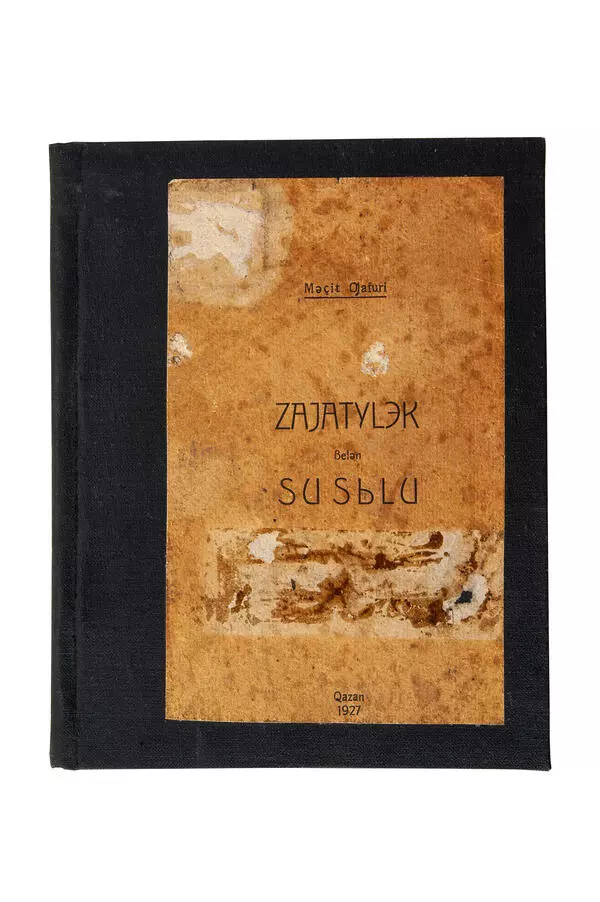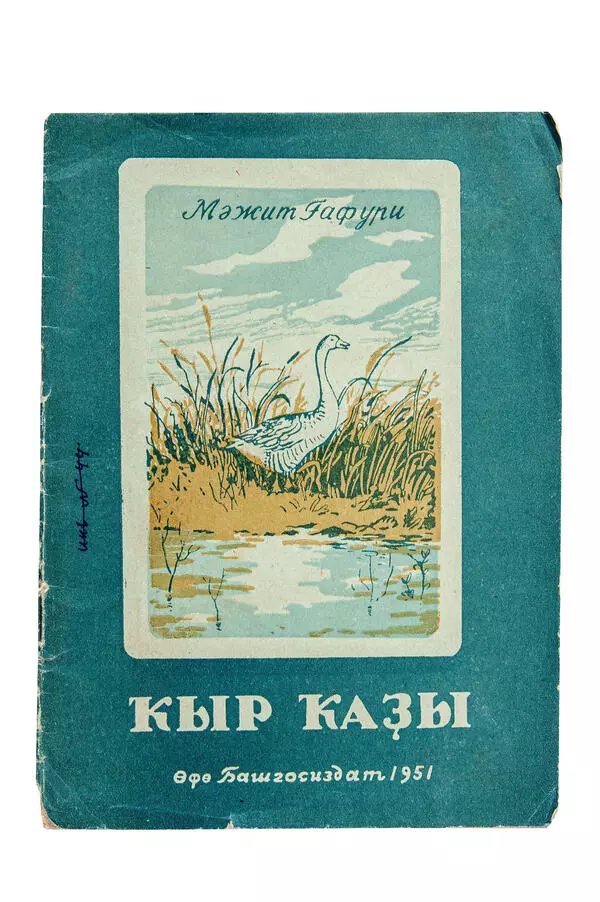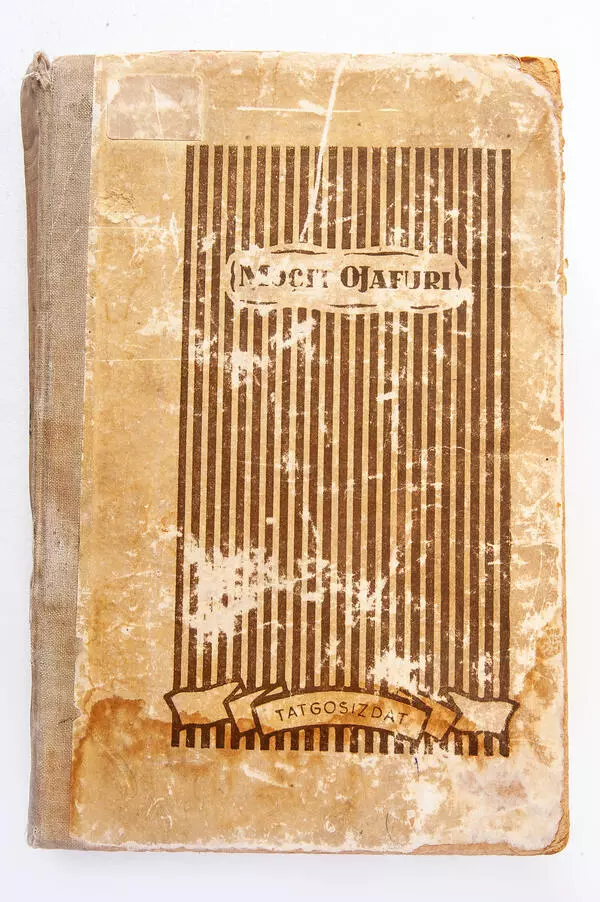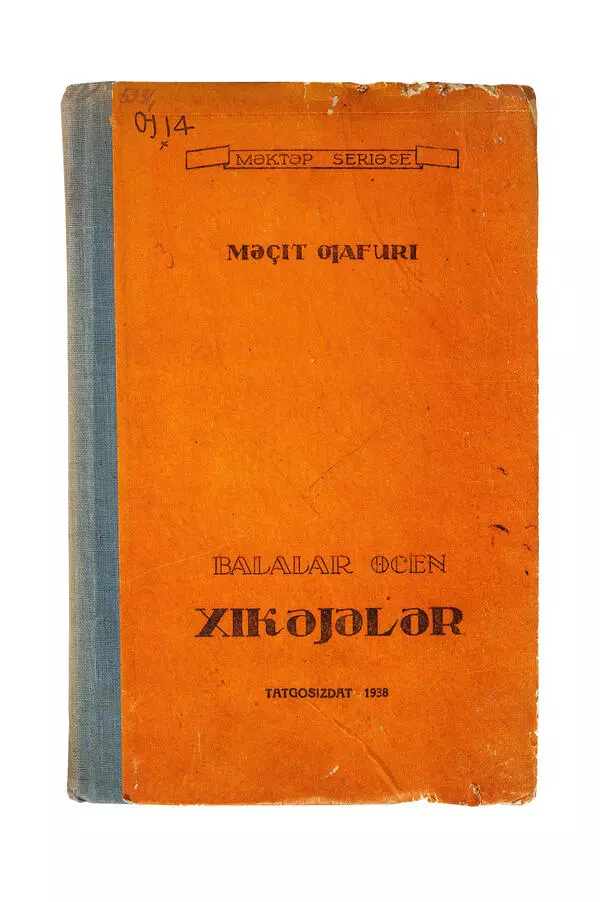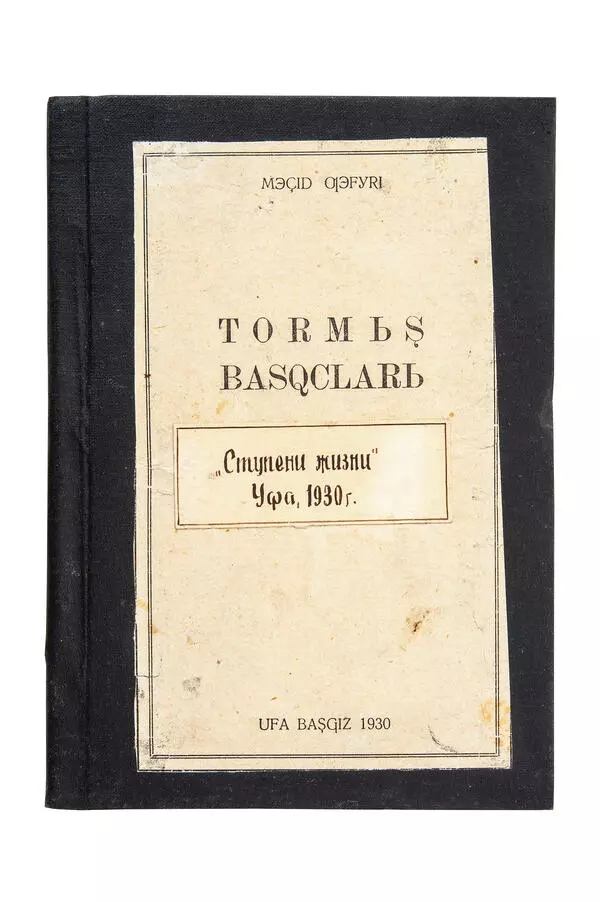Majit Gafuri is considered a classic of Bashkir and Tatar literature. As early as in the poet’s first large work, the poem “The Siberian railroad or the State of the Nation, ” in which his ideas were reflected. Gafuri dreamed of seeing the Tatar people educated and cultured regardless of the past. His ideas were further developed in many of his works. Philologist Ibrahim Nurullin, studying this stage of the poet”s work, says that “he limited the goals of literature to the promotion of enlightenment and the establishment of moral standards. In these years, all his works were saturated with didacticism.”
The poem “Eshche” (Toiler), written in 1920, occupies an important place in Mazhit Gafuri’s literary work. The main character of the work is a worker, yesterday’s peasant, who “works from dusk to dawn in summer, sowing and growing crops” and in winter he goes to town for seasonal work, turning into a proletarian. The poem reveals the problem of the powerlessness of such workmen: all their lives they have to do hard work to feed themselves and their families.
This poem was the first work in Bashkir and Tatar literature, denouncing capitalist exploitation. Literary scholars point out that in plot and composition Gafuri’s poem resembles Nikolai Nekrasov’s famous poem “Who Is Happy in Russia?”.
Gafuri’s work also served as the basis for an opera of the same name, which noticeably influenced the development of the entire national musical drama. The opera was staged in Kazan in 1930. The main character Nigmat was played by the Bashkir singer Gaziz Almukhametov. He was one of the composers who composed the opera and was the first singer to be awarded the title People’s Artist of the Bashkir ASSR. Another author, Sultan-Akhmed Gabashev, was also known as a teacher and public figure. The third creator of the opera was Vasily Vinogradov, a Soviet composer and violinist.
Another opera, based on the story by Mazhit Gafuri, was staged at the Musa Jalil Tatar Academic Opera and Ballet Theater in 1981.
The poem “Eshche” (Toiler), written in 1920, occupies an important place in Mazhit Gafuri’s literary work. The main character of the work is a worker, yesterday’s peasant, who “works from dusk to dawn in summer, sowing and growing crops” and in winter he goes to town for seasonal work, turning into a proletarian. The poem reveals the problem of the powerlessness of such workmen: all their lives they have to do hard work to feed themselves and their families.
This poem was the first work in Bashkir and Tatar literature, denouncing capitalist exploitation. Literary scholars point out that in plot and composition Gafuri’s poem resembles Nikolai Nekrasov’s famous poem “Who Is Happy in Russia?”.
Gafuri’s work also served as the basis for an opera of the same name, which noticeably influenced the development of the entire national musical drama. The opera was staged in Kazan in 1930. The main character Nigmat was played by the Bashkir singer Gaziz Almukhametov. He was one of the composers who composed the opera and was the first singer to be awarded the title People’s Artist of the Bashkir ASSR. Another author, Sultan-Akhmed Gabashev, was also known as a teacher and public figure. The third creator of the opera was Vasily Vinogradov, a Soviet composer and violinist.
Another opera, based on the story by Mazhit Gafuri, was staged at the Musa Jalil Tatar Academic Opera and Ballet Theater in 1981.

